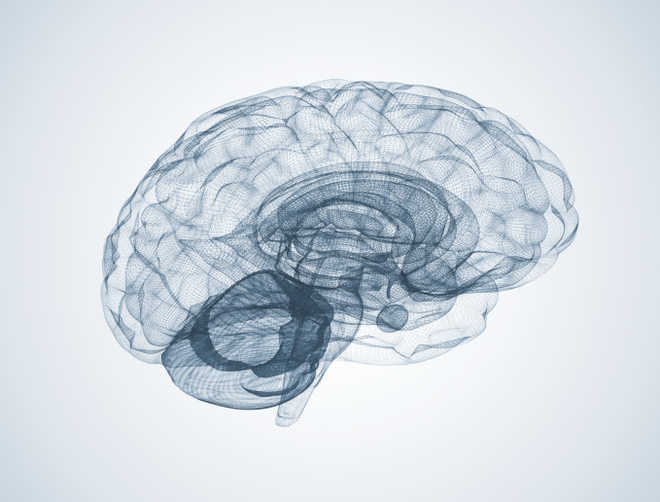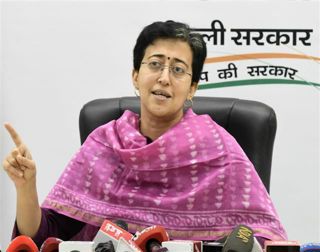
Photo source: Thinkstock
New York
Scientists know that stimulating the brain via electricity or other means may help ease the symptoms of various neurological and psychiatric disorders like epilepsy and depression.
Now, researchers from the University of Pennsylvania and University at Buffalo have discovered that stimulation of a single region of the brain affects the activation of other regions and large-scale activity within the brain.
"We don't have a good understanding of the effects of brain stimulation," said first author Sarah Muldoon, assistant professor of mathematics in University at Buffalo's college of arts and sciences.
"When a clinician has a patient with a certain disorder, how can they decide which parts of the brain to stimulate? Our study is a step toward better understanding how brain connectivity can better inform these decisions," she added.
If you look at the architecture of the brain, it appears to be a network of interconnected regions that interact with each other in complicated ways.
"The question we asked in this study was how much of the brain is activated by stimulating a single region. We found that some regions have the ability to steer the brain into a variety of states very easily when stimulated, while other regions have less of an effect," explained Danielle S Bassett, associate professor of bioengineering in the University of Pennsylvania.
The study used a computational model to simulate brain activity in eight individuals whose brain architecture was mapped.
The research examined the impact of stimulating each of 83 regions within each subject's brain. While results varied by person, common trends emerged.
Network hubs — areas of the brain that are strongly connected to other parts of the brain via the brain's white matter —displayed what researchers call a "high functional effect": Stimulating these regions resulted in the global activation of many brain regions.
These patterns suggest that doctors could pursue two classes of therapies when it comes to brain stimulation: a "broad reset" that alters global brain dynamics, or a more targeted approach that focuses on the dynamics of just a few regions.
The research was published in the journal PLOS Computational Biology. — IANS


























